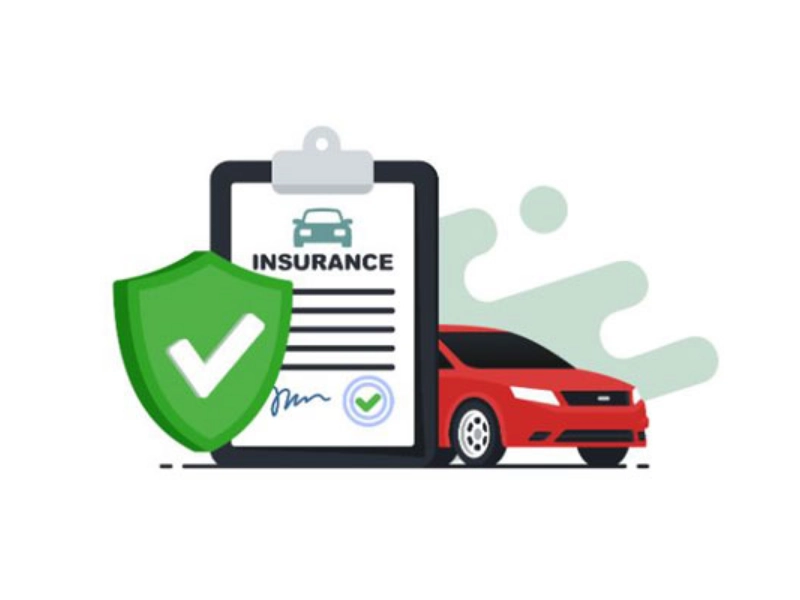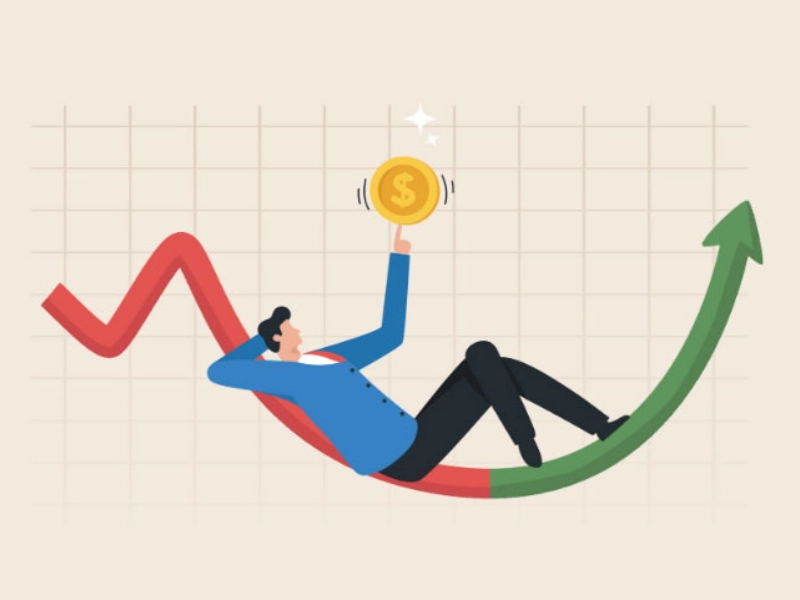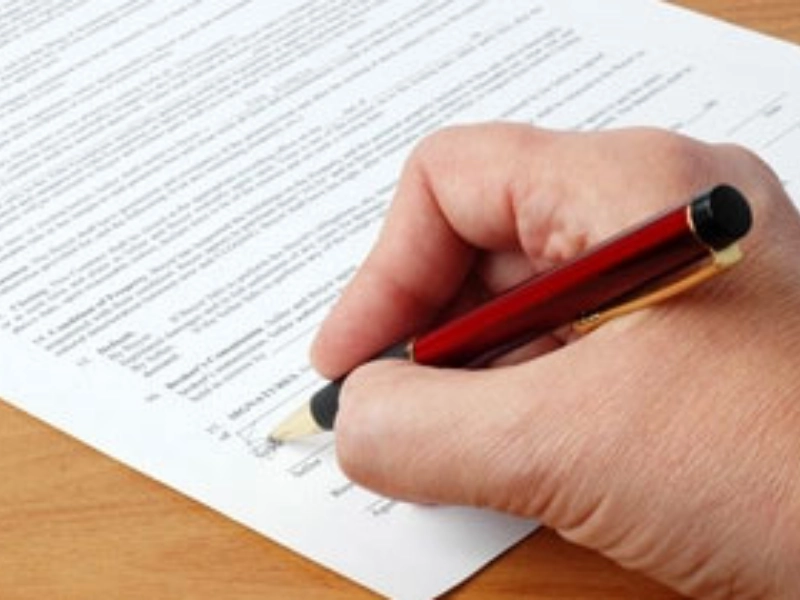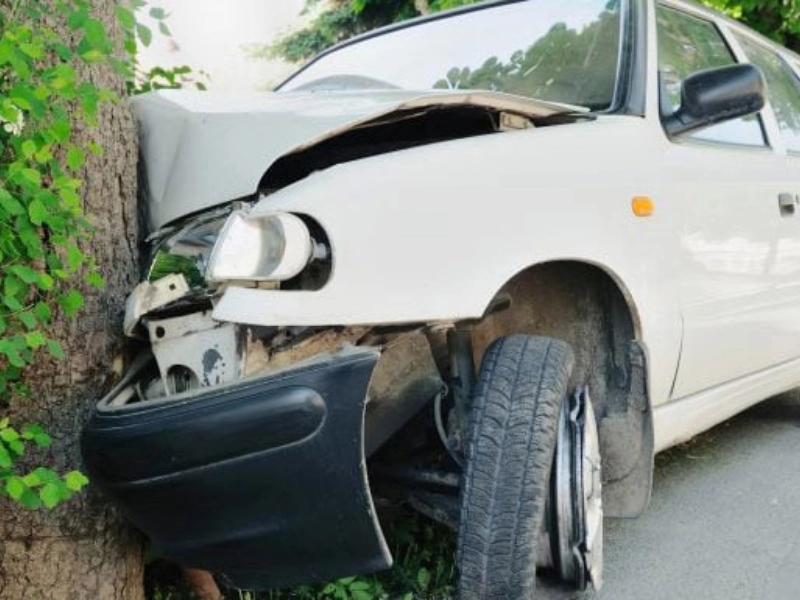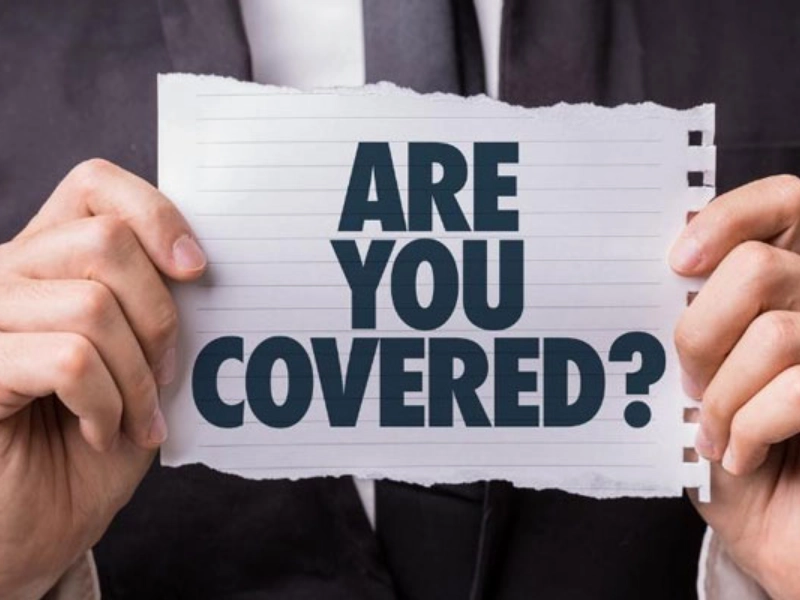How to Buy A House With No Money Down: Everything You Need to Know
As a first-time buyer, you'll need to come up with the money for a down payment and closing charges. A zero-down mortgage and a homebuyer assistance program can help you avoid both.
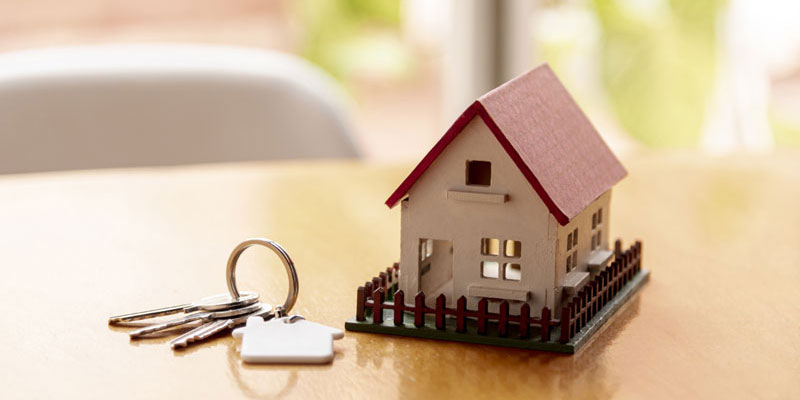
- Apply for a USDA or VA zero-down loan.
- Obtain help with the down payment by utilizing down payment aid.
- Request a family member's help with the down payment.
- "Lender credits" are a way for the lender to cover your closing charges.
- Obtain closing cost reimbursement from the seller
You could buy a new home with no money out of your pocket if you used all of these strategies together. If your down payment is covered, you'll be responsible for closing expenses, which may save you tens of thousands of dollars.
Things to Keep In Mind When Looking for A Mortgage
Consider these six considerations when looking for a home and a mortgage if you want to keep your out-of-pocket expenses to a minimum:
1. Determine Your Eligibility for A VA Loan
Loans sponsored by the Department of Veterans Affairs (VA) are available to active duty military members, veterans, and families. No down payments or closing expenses are required for qualified purchasers to acquire a house under this program. Unlike other lending programs that may demand one, the VA loan program does not have a minimum down payment requirement. For individuals who qualify, the VA Guarantee Fee eliminates the need for mortgage insurance, making this an excellent option for purchasing a home.
2. Consider An FHA Loan
To qualify for an FHA loan, a buyer needs only 3.5 percent down, which can be from a family member or an eligible non-profit or government organization. As much as six percent of the home's selling price can be deducted from the closing fees that sellers bear. FHA loans are an excellent alternative for all potential homebuyers because of the lower down payment requirements and less stringent qualification criteria. But keep in mind that regardless of your down payment, you'll have to pay a mortgage insurance cost with this lending arrangement.
3. Financial Assistance to First-Time Homebuyers
As a first-time homebuyer, there are many services at your disposal to assist you. New and returning homebuyers alike can benefit from various local and national programs, giving financial aid to first-time buyers and those who've already purchased a house before. It may be worthwhile to look into municipal, state, and non-profit programs.
4. Don't Forget About USDA Loans
The USDA loan program, often known as a rural development loan, is another alternative for borrowers who qualify, with a zero down payment requirement. Don't disregard this loan scheme until you've checked to see if the property qualifies, as some qualified regions are surprising suburbia. Loan limits and income restrictions on USDA loans vary by region, so buyers should know this.
5. Get a Gift for the Down Payment
The money you receive as a gift from a family member may be used as a down payment if you follow the guidelines set forth by your lender carefully. You'll need proof that the money was provided to you, including who gave it to you, how they gave it to you, and when they gave it to you. You should also have proof that no repayment is necessary.
6. Negotiate for Closing Costs to Be Paid By The Seller
There are a lot of variables that go into whether or not the seller will cover your closing expenses, including the current market conditions in your area. It may be fair for a seller to cover some or all of the closing expenses in a buyer's market if the supply of properties is outpacing demand. However, it is possible that the seller will not contribute to your closing expenses in a seller's market, where demand for properties outstrips supply. It's always a good idea to check because many sellers are eager to seal the deal as soon as possible and are willing to work with you to achieve that goal.
Don't Forget About These Factors!
 If you don't have a lot of money to put down, one of the approaches listed above can help you get a better deal on the house. However, each of these strategies has disadvantages, which we'll go over in more detail below.
Mortgage insurance, which may or may not be required, can affect the amount of money you have to pay each month for your mortgage.
A higher interest rate or monthly payment could be incurred because lenders take a greater risk by putting less of their own money down.
There are some drawbacks to a low down payment, including the fact that it may take you longer to create equity in your house and may need you to live there longer than the typical five years before you can sell for a profit.
If you're going to buy a house with no money down, there are a few things to consider. But if you'd have to empty your savings account to put 20% down on a property, it could be better to go with a smaller down payment choice and keep some money in reserve in case of emergencies. Make sure to talk to a mortgage lender before deciding on a house loan and have all of your questions addressed.
If you don't have a lot of money to put down, one of the approaches listed above can help you get a better deal on the house. However, each of these strategies has disadvantages, which we'll go over in more detail below.
Mortgage insurance, which may or may not be required, can affect the amount of money you have to pay each month for your mortgage.
A higher interest rate or monthly payment could be incurred because lenders take a greater risk by putting less of their own money down.
There are some drawbacks to a low down payment, including the fact that it may take you longer to create equity in your house and may need you to live there longer than the typical five years before you can sell for a profit.
If you're going to buy a house with no money down, there are a few things to consider. But if you'd have to empty your savings account to put 20% down on a property, it could be better to go with a smaller down payment choice and keep some money in reserve in case of emergencies. Make sure to talk to a mortgage lender before deciding on a house loan and have all of your questions addressed.


